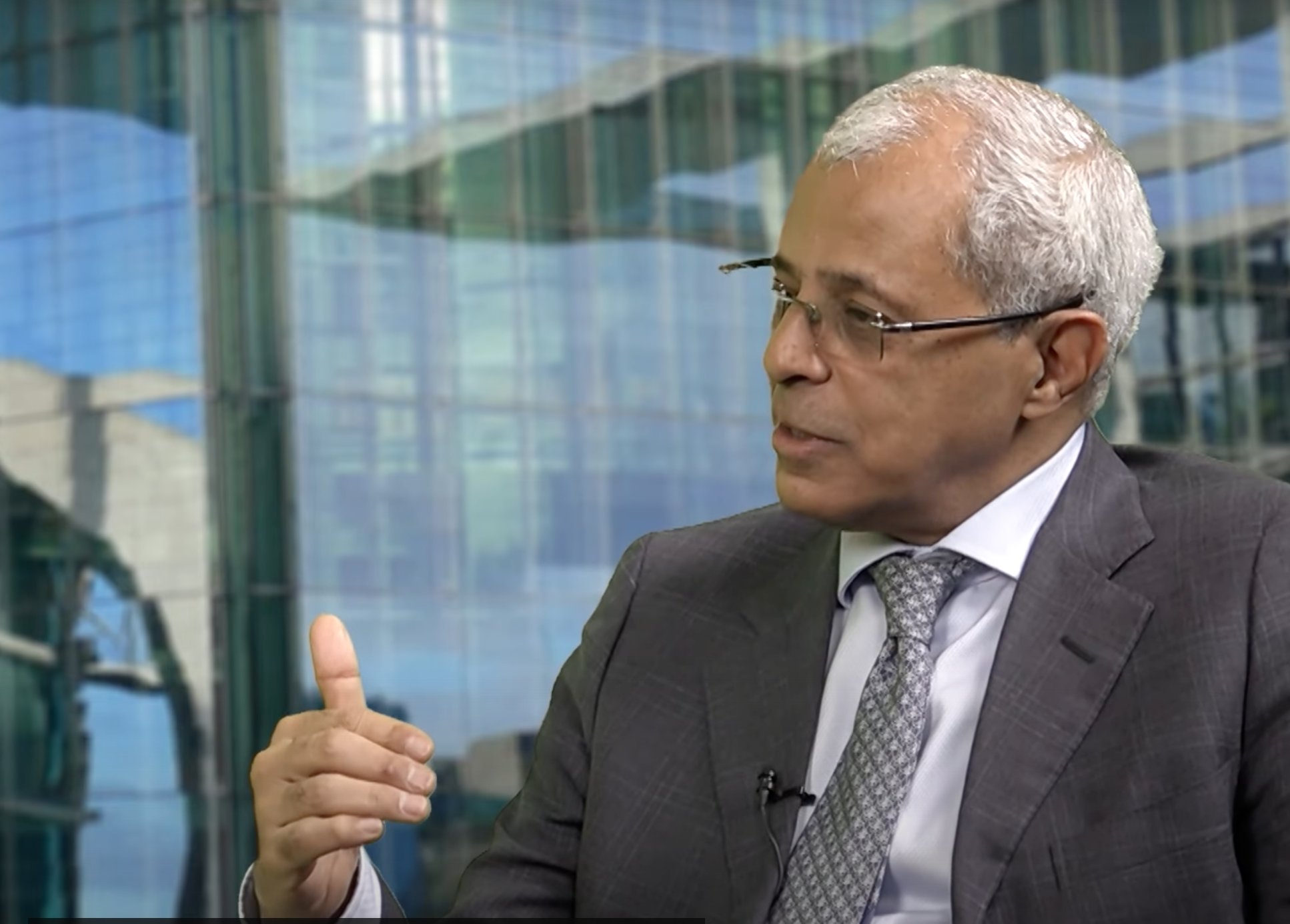diplo.news
Trump is back

Quite a few in Germany and Europe have eagerly awaited the US presidential election with a good dose of wishful thinking. Tenor: With Kamala Harris, there could be a continuation of transatlantic relations in the style of “Joe Biden light.” This comfortable projection has now burst. With the election of Donald Trump, Germany and Europe must prepare for rough times. Especially with regard to security and economy.
Ukraine war: Trump claimed several times during the election campaign that he could end the Russian war of aggression “within 24 hours” before he actually took office. He did not explain how this was supposed to work. At the same time, he boasted that he was getting along “great” with Russian President Vladimir Putin. Berlin and Brussels therefore fear that the Republican could force Ukraine to negotiate with Russia by halting military aid. Bringing about a quick end to the war would then presumably mean that Kyiv would have to give up a large part of the territory occupied by Russia. According to the Pentagon, the US has provided more than 60 billion dollars in military aid since the start of the war. How Europeans could compensate for this volume is a mystery today in view of tight budgets on all sides. Germany may have supplied Ukraine with weapons worth more than ten billion euros — which is second in the international ranking behind the USA — but the traffic light coalition is already in extreme need of agreeing on the next budget. From today's perspective, it is completely unclear how additional billions are to be loosened up for the oppressed country. However, the federal government would be nowhere near in a position to fill the US gap — not even if it identified an emergency and were to suspend the debt brake again.
After all, in order to become more independent of US involvement, NATO is currently setting up a Ukraine command in Wiesbaden. This will be responsible for coordinating arms supplies and training activities for the Ukrainian armed forces. These are tasks that have been carried out by the United States so far.
NATO: Many in Europe are wondering whether the US security guarantee and nuclear umbrella will continue to apply even under Trump. Most politicians are convinced that without US nuclear weapons and the approximately 100,000 US soldiers stationed on the continent, Europe would not be safe against Russia. There is no concrete evidence of a possible US withdrawal from NATO. At the start of his first term in office in 2017, President Trump toyed with the idea of leaving NATO, but was prevented from doing so by the “adults” in his cabinet - as the then Secretary of Defense James Mattis were called. However, Trump is demanding that allies spend more money on their own defense — and in doing so questions the assistance pact. In spring, he sparked great outrage by saying that he would not come to the aid of defaulting NATO partners if they were attacked. He would then even encourage the Russians to do “whatever they want” with them.
In this context, NATO points out that many European allies have significantly increased their defense spending in recent years. At the NATO summit in Wales in 2014, the Allies agreed on the goal of spending two percent of their economic output on defense. Literally: Governments are striving to “move towards the target of 2 percent within ten years.” 23 of the 32 NATO members have now achieved the target. Germany too has now — at least temporarily — reached the two percent that Trump vehemently demanded in his first term of office. It remains to be seen whether that's enough for him. According to NATO statistics, US military spending in the current year is still significantly higher at 3.38 percent of gross domestic product than the Germans at 2.12 percent.
Economy: During his first term in office, Trump instigated a trade war with China and imposed a series of punitive tariffs on products from the European Union. He now says he wants a drastic expansion of tariffs on almost all goods imported from abroad. The tariffs on goods from countries “that have been ripping us off for years” should amount to 10 to 20 percent. For China, he even threatened tariffs of between 60 and 100 percent. This would also affect many German companies that produce in the People's Republic and export from there to the USA, among others. Trump sees tariffs as a means of reducing America's trade deficit with many countries. In doing so, he wants to strengthen the USA as a production location. For German companies, America is the most important export market worldwide. Many more goods are exported there than are imported. Last year, Germany achieved a trade surplus of 63.5 billion euros. That is a thorn in Trump's side. The USA was also the most important goods export market for companies from the EU in 2023.
According to calculations by the Munich-based Ifo Institute, a renewed Trump presidency will have massive disadvantages for German-American trade. Almost half of around 2000 companies surveyed expect worsening. “Companies with close economic ties to the USA in particular expect negative consequences if Trump wins,” said Ifo expert Andreas Baur at the presentation of the study presented before the US election. “However, many companies without direct export relations to the USA also fear negative effects, because they may still be indirectly affected as suppliers, for example.” The tariffs promised by Trump alone would reduce German exports to the USA by just under 15 percent, according to Baur.
It could be particularly tough for the German automotive industry and its suppliers. For manufacturers such as Volkswagen, BMW and Mercedes-Benz, the USA, together with China, is the most important sales market outside the EU. Special tariffs are likely to have significant negative effects. The conflict over special tariffs on steel and aluminum imports introduced by Trump in his first term of office could also escalate again. It was alleviated by a deal with the current incumbent US President Joe Biden — but its term expires in March next year. Brussels is already preparing for a new major trade conflict: Should Trump introduce new tariffs, the EU would in all likelihood react to US imports with retaliatory tariffs. Ideally, these would have such consequences for American manufacturers that they would bring Trump to the negotiating table, where an amicable solution could then be found.
His successor, who will be inaugurated on January 20, 2025, wants to reverse all tax increases from Biden's term of office. Instead, all tax cuts that he initiated in 2017 are to be extended and also expanded. He wants to reduce the corporate income tax for companies that manufacture their products in the USA from 21 to 15 percent. Through tax dumping, he wants to “take jobs away from other countries.”
Europe: Trump's re-election should be a wake-up call for Europe. The continent would have to join forces to survive in the geopolitical power game between Trump-America, Russia, China and bellicose autocracies such as Iran or North Korea. What is needed is a vision for a politically, economically and militarily strong Europe. Across the EU, bureaucracy must be reduced, government restrictions on companies must be eliminated and conditions must be created for a competitive economy. Purchases for the military must be coordinated much better. The days of only looking at orders through national glasses are finally over. This requires new forms of political cooperation in the EU and huge financial efforts. But above all: political leadership.




